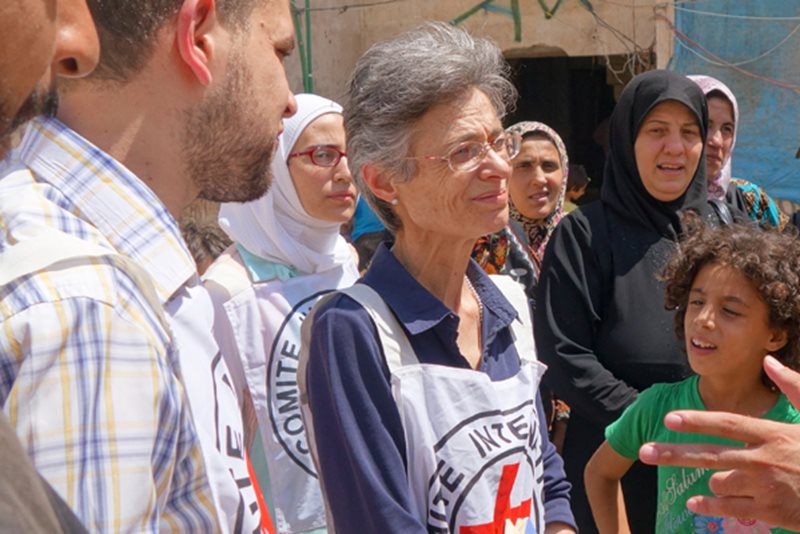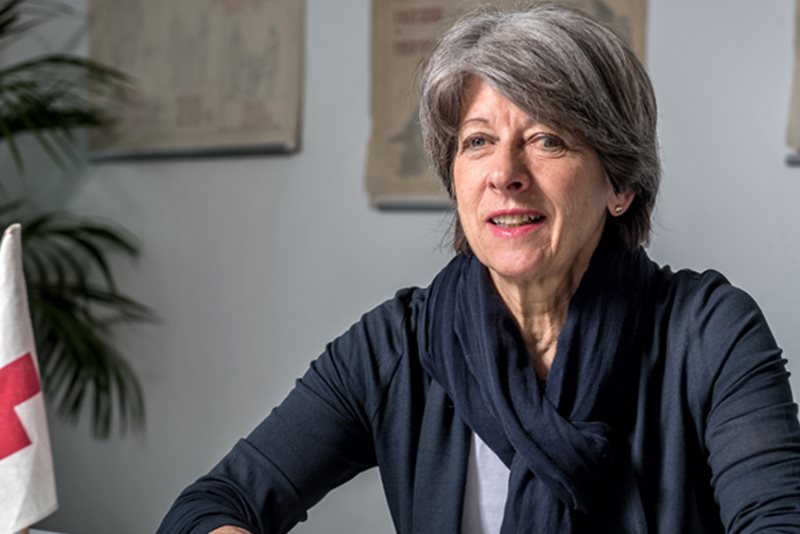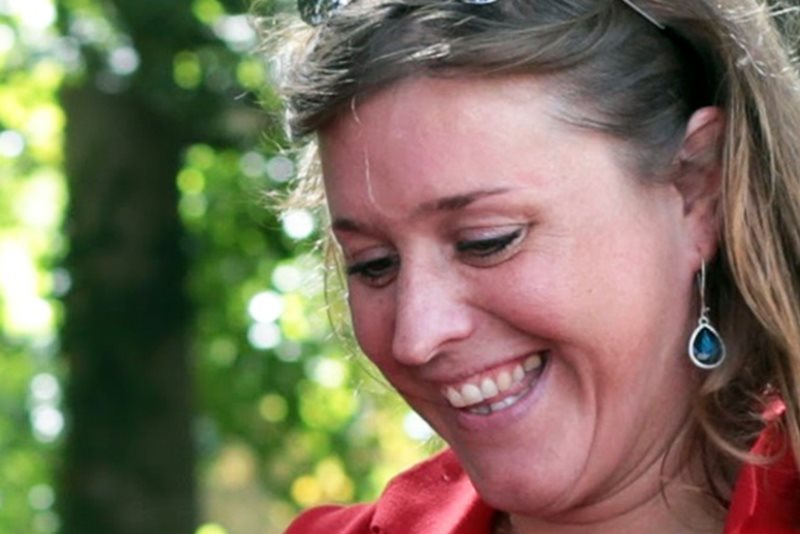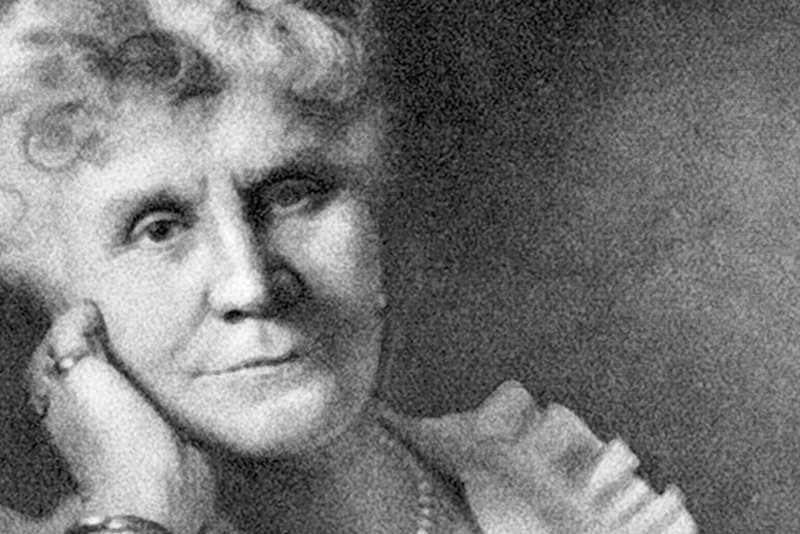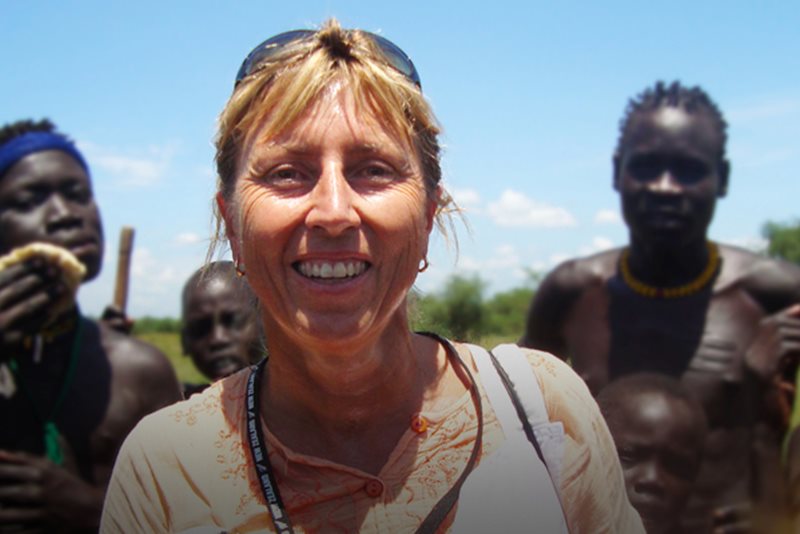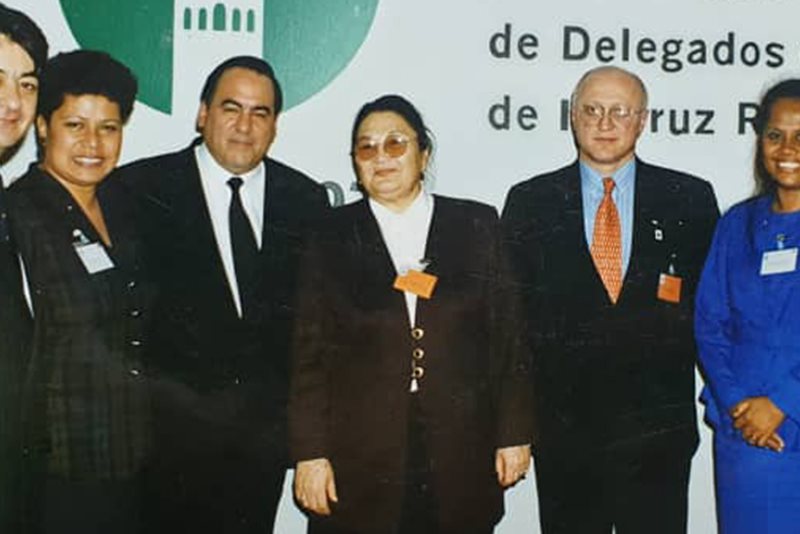

As a strong female leader, she uses her RCRC platform to make a difference, especially on maternal, newborn and child health, female genital mutilation, and sexual and gender-based violence in Somaliland. She makes a big difference throughout society and her voice is always respected.
Kaltun Hussein Dahir is a passionate humanitarian worker and woman leader. She joined the Somali Red Crescent Society (SRCS- URURKA BISHA CAS) in February 1998 as a Director of the Health and Nutrition Department. Before joining SRCS, Kaltun worked at the Somaliland Ministry of Health and Development as Director of Borama General Hospital for 4yrs.
Gender discrimination and inequalities in Somaliland is of serious concern as conservative traditional views influence the different roles and duties of community members. Evidence suggests that Sexual and Gender-Based Violence (SGBV) is widespread and victims lack access to services such as treatment and counseling. Due to the recurrent droughts the number of settlements of internally displaced persons (IDP) in the country has increased. The increase of in-need communities has led to more incidents of SGBV since women and girls living in IDP camps and host communities face heightened vulnerabilities and risks of sexual and gender-based violence, including the increase in Female genital Mutilation (FGM).
The COVID 19 pandemic has also resulted in more women experiencing severe psychological distress and trauma because of sexual and gender-based violence. With the limited access to health facilities in the country, their future might be dismal. Kaltun's focus is on building the resilience of women and girls through SRCS community base programing during this year and years to come. As a woman leader in the humanitarian context, Kaltun has gathered many skills and insights. “Working with different environments, stakeholders, cultural-religious leaders and leading different projects is a great experience.”
– Mrs. Kaltun Hussein Dahir, Somalia“I have learned that innovation, leadership and commitment are the keys to success”
“Somaliland has very strong cultural and religious beliefs. In my opinion, becoming a woman leader is quite challenging. However, if you have strong leadership skills, strong interpersonal relationships, capacity, and knowledge, I don’t see a woman taking a leadership role as a big challenge in the RCRC movement. It’s a matter of behavioral change of staff and volunteers. It is also the individual commitment. In my childhood, I was a Scholl Prefect which is a very rare opportunity given to a girl and I liked to govern my friends and colleagues in my school, who respected me a lot”.
“I am married and mother of 8 children. Being involved in the RCRC movement has never had a bad impact on my personal life or the family - rather I gained more respect. I appreciate the experience from RCRC, especially as a mother and a woman leader for society. I have the fullest support from my family to work as a humanitarian leader, not only within the SRCS but also in the Somali communities”.
– Mrs. Kaltun Hussein Dahir, Somalia“Change yourself first, before asking others to change”
“To build the resilience of women and girls, we need to start from our own home - then at the workplace and in the communities where we work. Behavioral change, educating staff, volunteers and involving more women to take the lead in their respective communities.
By uniting the efforts of our staff, volunteers, and partners, we can make a difference for vulnerable people in Somaliland”.
“I dream about building the resilience of women and girls. We need to focus on both their immediate recovery needs and longer-term solutions that support sustainable livelihood and security. But most importantly we must recognize that women and girls are not a burden or a charity case; they are resilient, they are solution-makers, and they can stand up for themselves. All they ask for is a chance. We must strengthen their capacities so that they are fully empowered to participate, benefit from, and contribute to the sustainable development of Somaliland”.

Over 75 countries have established quota policies to ensure more women have leadership roles within domestic politics.



